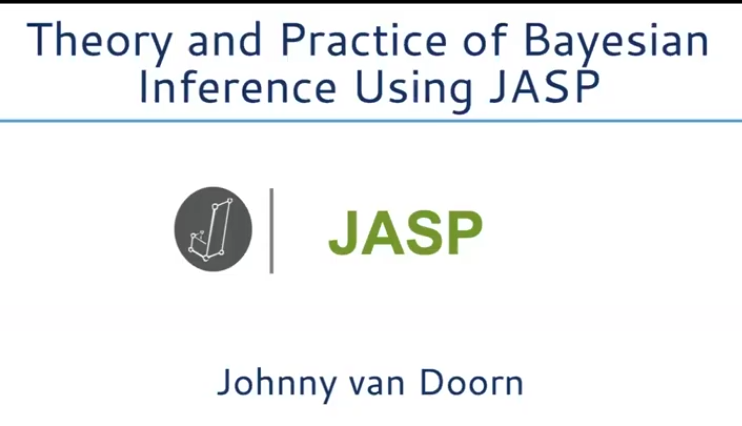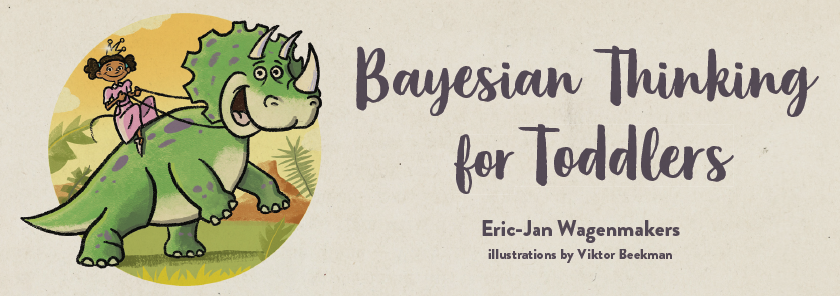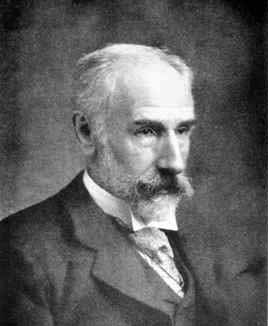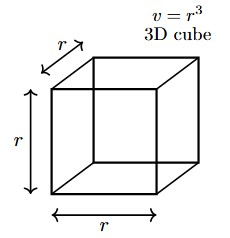YouTube Lecture by Johnny van Doorn on “Theory and Practice of Bayesian Inference Using JASP”

On January 26th this year, Johnny van Doorn presented an hour-long tutorial lecture on “Theory and Practice of Bayesian Inference Using JASP”. You can check it out on YouTube here! Highly recommended. Eric-Jan Wagenmakers Eric-Jan (EJ) Wagenmakers is professor at the Psychological Methods Group at the University of Amsterdam.
read more





